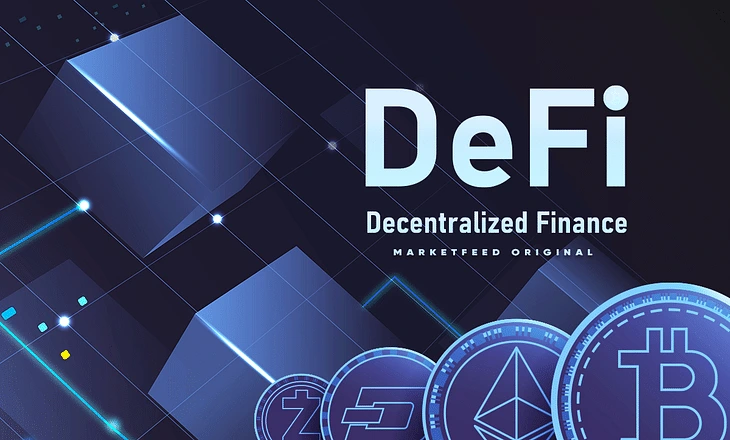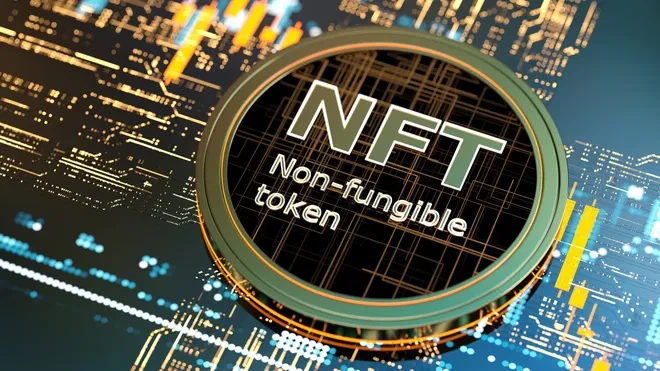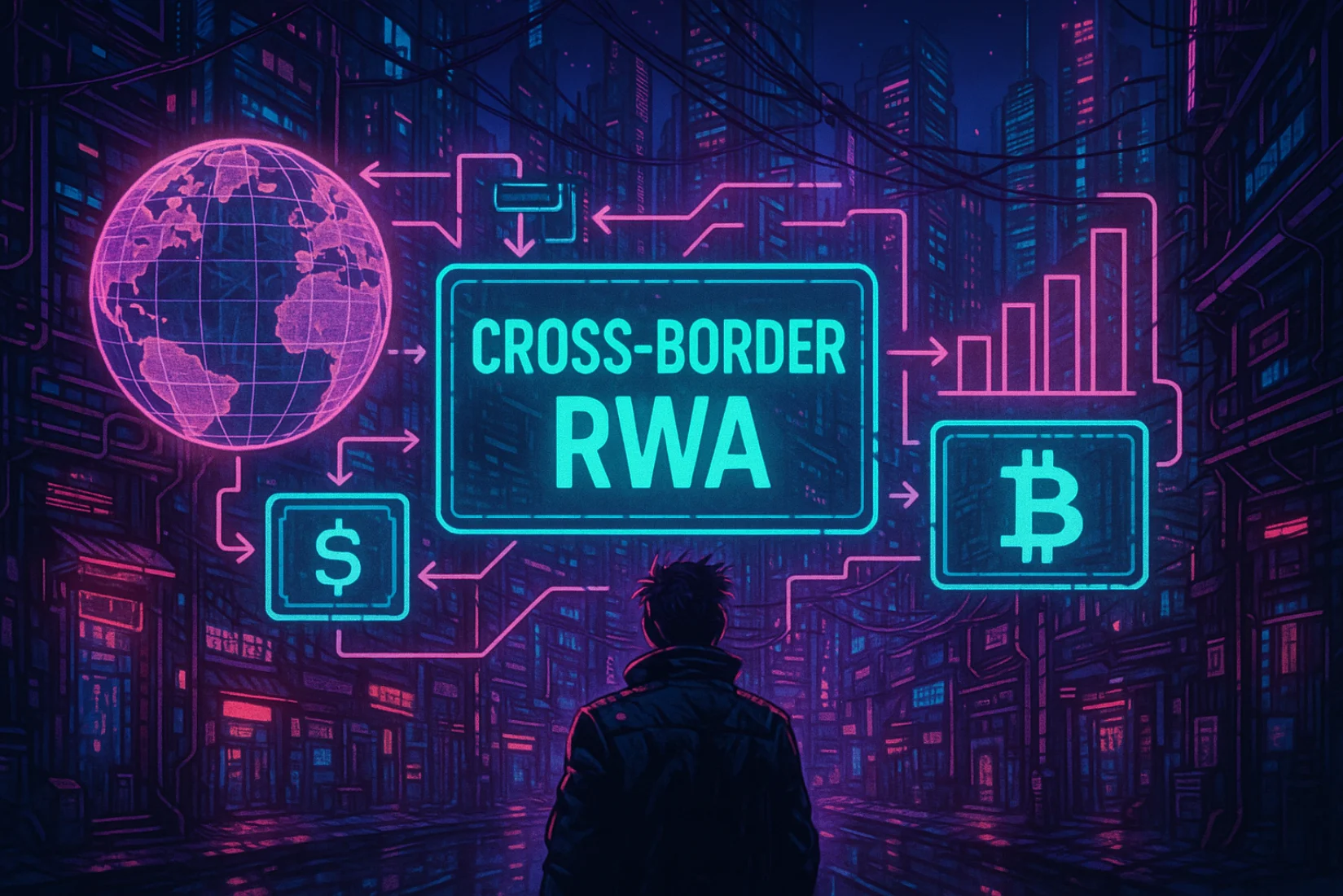So, you’re thinking about diving into Web3 entrepreneurship?
First off — good on you. Seriously. Whether you’re a developer, a founder, or just someone who fell down the crypto rabbit hole and can’t get out (join the club), Web3 entrepreneurship is one of the most promising yet chaotic spaces out there right now.
But let’s be honest — it’s not just “launch a token and retire next year.” Not anymore. Maybe in 2021, when everyone was high on JPEGs and gas fees. Today? Things are different. More cautious, more real… and maybe a little more brutal.
Here’s a no-fluff, straight-talk breakdown of what Web3 entrepreneurs need to keep in mind — from the good, the risky, and the very, very weird.
1. Web3 entrepreneurship isn’t just tech — it’s trust
Unlike traditional startups, Web3 projects aren’t just selling a product — they’re selling an idea, a network, and often… a dream. And that’s fine, but if your community doesn’t believe in what you’re doing — or worse, suspects a cash grab — you’re toast.

People in this space are jaded. Rug pulls, vaporware, “DAO drama” — they’ve seen it all. So even if your tech is solid, you have to build trust first. That means transparency. Showing your work. Explaining your roadmap like you’re talking to a fifth-grader (or, let’s face it, a very skeptical adult).
And don’t ghost your Discord for a week. Seriously — they notice.

2. The tech stack is cool, but it runs on community
Here’s a truth not enough whitepapers mention: community is everything. Your tokenomics can be genius, but if you don’t have a loyal, active user base? It’s just code on a chain.
Start building your community before you launch. Post messy prototypes, ask dumb questions, run meme contests — whatever works. Your early believers are your best marketers, beta testers, and — if you do it right — lifelong advocates.
And yeah, sometimes that means dealing with some… intense personalities. But that’s part of the deal.

3. Regulations? Yep, they’re coming (and kinda already here)
Some folks still act like Web3 lives in a magical land outside of laws. News flash: it doesn’t. Governments are watching, and not always with friendly eyes.
If your startup involves tokens, financial incentives, or user funds — basically all of them — get legal guidance. Like, real legal advice, not “my cousin read a Medium post about DAOs one time.” You don’t want to build something amazing only to have it wrecked by compliance issues three months in.


Plus, building with a legal-first mindset can actually help with trust. Users are tired of scams — showing that you care about doing things the right way? That goes a long way.
4. Web3 entrepreneurship is a marathon — not a hype sprint
It’s tempting to chase trends: NFTs one week, DeFi the next, AI-on-chain after that. But building in Web3 — sustainably — means thinking long-term.
Maybe your first version flops. Maybe your token doesn’t moon (or even launch). That’s okay. Some of the best projects out there today took years to catch on. What matters is that you keep building, stay in the conversation, and adapt without selling out.
And don’t beat yourself up if things feel slow. Web3 moves fast — but trust, reputation, and usefulness take time to earn.


5. Final thoughts: Web3 entrepreneurship is wild, but worth it (for the right people)
So — is Web3 entrepreneurship for everyone? Honestly, no. It’s unpredictable, borderline chaotic, and full of jargon, risks, and Twitter drama.
But if you love solving puzzles, connecting with people from all over the world, and building something weirdly new, it can be incredibly rewarding. You’ll learn fast, fail faster, and — maybe — build something that outlives the next bull or bear cycle.
Just remember: this space rewards the bold and the prepared. So get your vision clear, your tech tight, your community involved — and dive in with eyes open.
Web3 entrepreneurship isn’t easy. But then again… what good revolution ever was?
Relevant Link : Here





